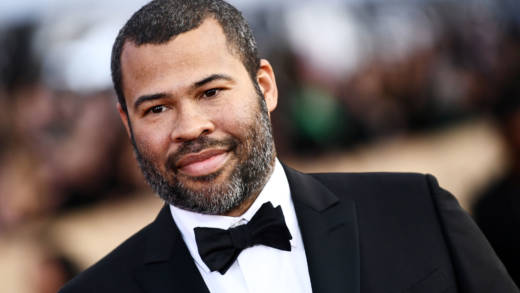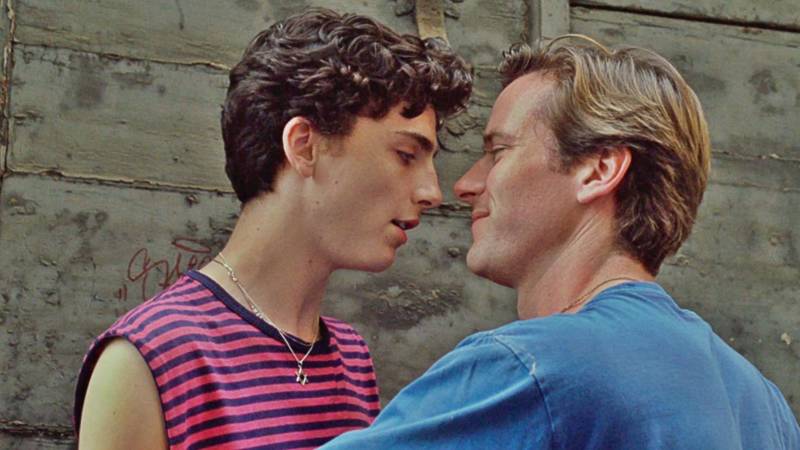Each year’s Oscar nominations provoke both cheers and eye rolls, and 2018 is no exception. Directing and Original Screenplay nods to Jordan Peele for Get Out, and Best Picture plus Best Actor nominations for Daniel Kaluuya? Cool. A Best Picture slot for The Post despite zero recognition in the technical categories, or anywhere other than Meryl Streep’s expected nomination? Weird. Best Director nods for two first-timers (Peele and Greta Gerwig)? A terrific boost for their careers. A Best Actor nomination for Denzel Washington? Clearly, given Roman J. Israel, Esq.’s low box office numbers, more Academy members saw his performance than did paying customers.
The most encouraging news to be gleaned from this year’s nominations is that the industry appears to have turned a corner after the #OscarsSoWhite debacle. With Mary J. Blige (Mudbound) and Octavia Spencer (The Shape of Water) in the Supporting Actress category (along with Kaluuya and Washington in Best Actor), a fifth of the 20 nominated actors are black. Nominations don’t tell the whole story, of course, but you can’t get nominated if you don’t get cast. If the visibility and heat brought to bear by #OscarsSoWhite is resulting in more roles for actors of color, well, keep the pressure on.
From a gender-equality perspective, the nomination of Rachel Morrison (Mudbound) in the Cinematography category — the first woman to be so recognized — is a huge development. Director Dee Rees (along with co-writer and producer Virgil Williams) was recognized for the adapted screenplay for Mudbound, while Greta Gerwig (Lady Bird) and Emily V. Gordon (The Big Sick, co-written with Kumail Najiani) were, as expected, nominated for Original Screenplay.

Last year’s movies were made in 2016 and don’t address the Trump effect, but the voting took place amid the ongoing #MeToo revelations. It’s conceivable that some Academy members didn’t watch perennial fave Kate Winslet’s performance in Wonder Wheel because there was no way they were going to endorse a Woody Allen movie. (To be clear, the charges leveled against him remain allegations.) But the nominations include an implicit acknowledgement of Hollywood’s sexual abuse scandals.




